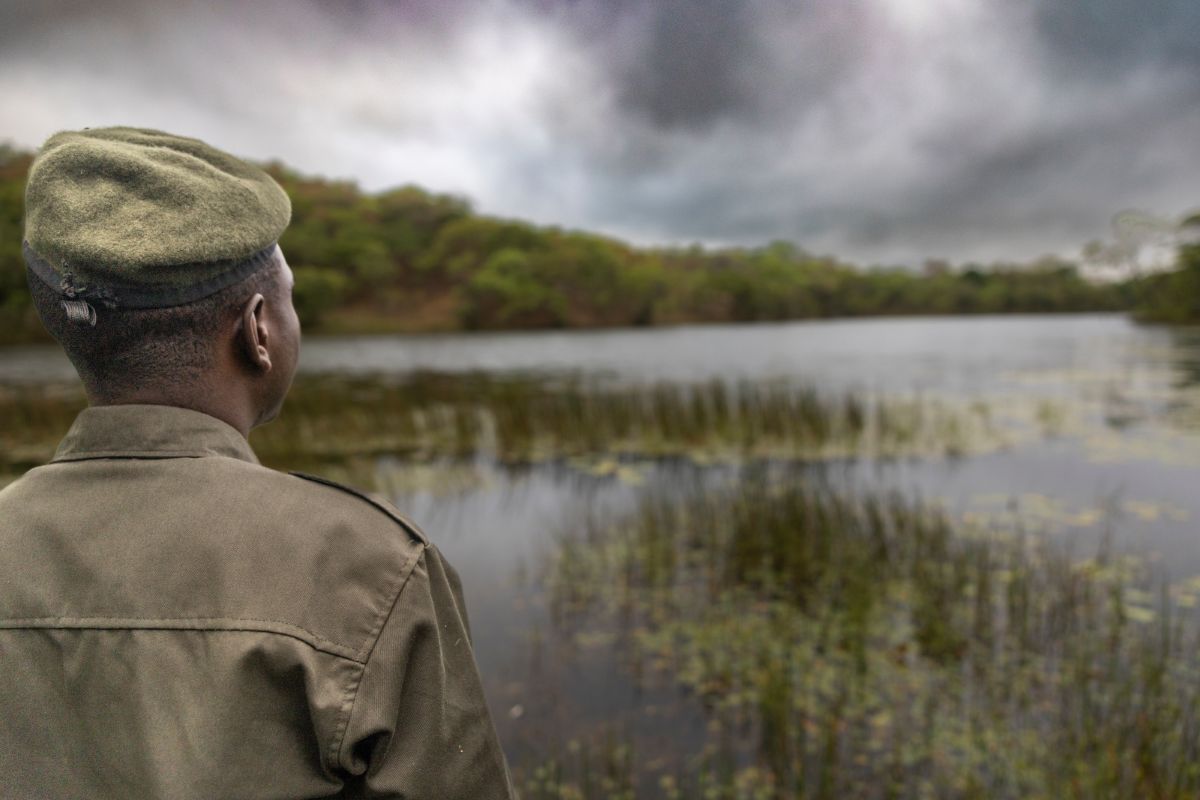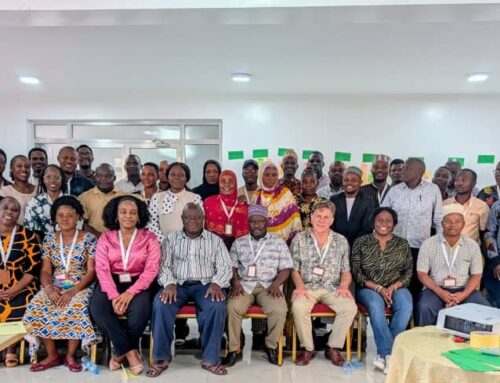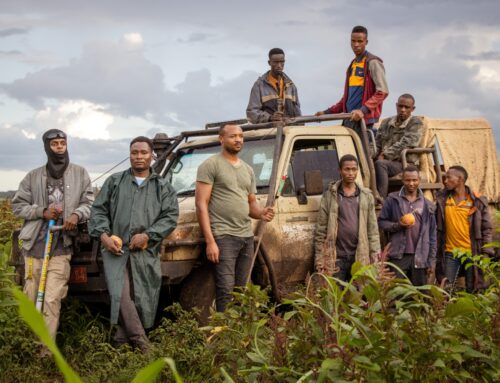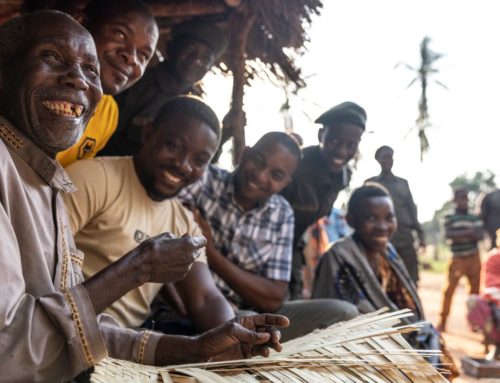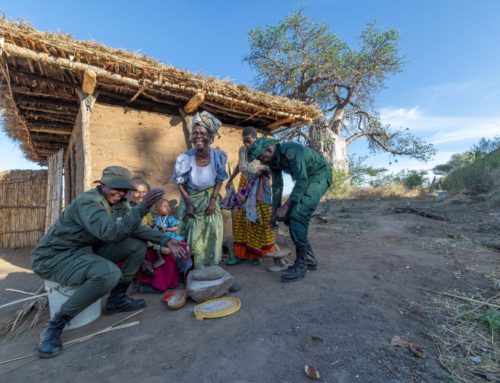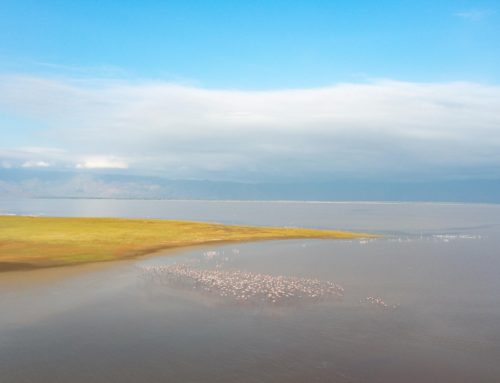How the EU-Funded KUWA Project is Changing Lives in Kisungule
For much of his life, Saidi Alfani, a small-scale farmer from Magazini village in the Kisungule Wildlife Management Area (WMA) in Southern Tanzania, relied on traditional hunting to support his family. Like many in his community, Saidi viewed wildlife simply as a resource, unaware of the critical role it plays in maintaining a healthy ecosystem.
“There was no one telling us otherwise,” Saidi reflects. “We didn’t think about what was being lost.”
That changed in 2023 when Saidi became part of the Kujenga Usimamizi wa Asili (KUWA) project—an EU-funded initiative co-implemented by the Community Wildlife Management Areas Consortium (CWMAC) and Honeyguide. KUWA was designed to improve governance and financial sustainability across five WMAs in Southern Tanzania. But at its core, it also aimed to build a deeper understanding of conservation among the communities living closest to wildlife.
Through KUWA, Saidi received hands-on training in sustainable farming, modern fishing techniques, and natural resource management. But more importantly, he gained insight into the ecological systems that support his land, crops, and family.
He learned that elephants, once seen as pests or targets, play a vital role in shaping landscapes that allow other species and even water sources to flourish. That birds, insects, and forest animals all contribute to pollination, soil health, and the delicate balance on which his farm depends. And that unchecked hunting, even if rooted in tradition, can collapse that balance for good.
“When you don’t know, you just continue what you’ve always seen,” Saidi says. “But when you learn, you see how everything is connected. Then you have a choice.”
Saidi made his choice. He joined the local ranger team, trading in old tools for new knowledge. Today, he walks the same lands he once hunted, but now to protect them. He speaks to his neighbors about what he’s learned and encourages younger men in his village to see wildlife as a shared resource, not an obstacle.
Thanks to the KUWA project, five WMAs now have active ranger posts and better tools for monitoring and protection. These changes have already helped reduce illegal activity, and perhaps more importantly, they’ve sparked new community pride in local conservation. A recent survey found that 66% of community members now support WMA activities, far exceeding project targets.
But the impact goes beyond patrolling. Saidi has become a trusted leader in managing conservation funds, helping Kisungule WMA generate €160,001 in 2024. His efforts also supported new carbon credit initiatives, drawing in €505,960 in investments and creating long-term revenue streams for the area.
“Wildlife used to feel like something standing in the way,” Saidi says. “Now, I see it as a partner in our future. KUWA helped me understand that protecting nature helps us protect ourselves.”
As KUWA enters its final year, Saidi’s story stands as a powerful example of what’s possible when communities are equipped with knowledge, trust, and real opportunities. With the support of the European Union, CWMAC and Honeyguide are working to ensure that conservation is no longer seen as something imposed from the outside but as a shared responsibility that brings lasting benefits to people and nature alike.
This publication was funded by the European Union. Its contents are the sole responsibility of Honeyguide and do not necessarily reflect the views of the European Union.
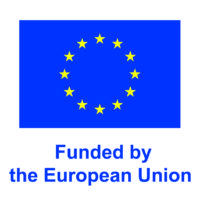
Photo credits: Monica Dalmasso

